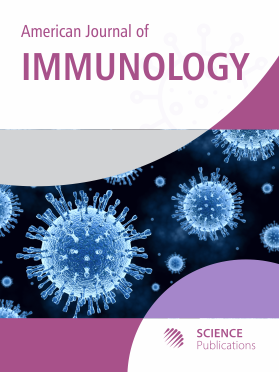The Etiological Role of Microglia in Autism Spectrum Disorder: A Possible Route for Early Intervention
- 1 University of Connecticut School of Medicine, United States
Abstract
Autism Spectrum Disorder (ASD) is a dreaded diagnosis. The treatment options are sparse and our knowledge of its etiology is woefully lacking. The purpose of this review is to outline a unifying pathway for the pathogenesis of Autism Spectrum Disorder and to describe how this sequence could be exploited to offer early intervention to patients at high risk of developing ASD. Specifically, we will describe how gestational insults can alter the lifelong functioning of fetal microglia. Those aberrant microglia are unable to properly fulfill their roles in cortical differentiation as well as synaptogenesis and the resulting cortical disorganization plus dendritic overgrowth may be responsible for the characteristic Autistic phenotype. This pathogenic pathway presents several opportunities for intervention. If applied early enough, it is possible that these therapies could alleviate some of the symptoms of ASD.
DOI: https://doi.org/10.3844/ajisp.2017.99.106

- 3,893 Views
- 2,467 Downloads
- 1 Citations
Download
Keywords
- Autism
- Microglia
- Gestational Insult
- Intervention
